I’m in Canada just in time for the upcoming federal election. At a recycling facility in Montreal last week, the conservative leader, Pierre Poilievre, promised to overturn the liberal government’s ban on single-use plastics. He also pledged to kill proposed rules that include requiring businesses to increase the use of refillable plastics, eliminating unnecessary packaging and ensuring plastic-free packaging for most produce sold in bulk.
In Canada, 85 percent of plastic packaging winds up in landfills or the environment. (The worldwide plastic recycling rate sits at an abysmal 9 percent.) Whether in Canada or elsewhere in the world, if manufacturers produce more plastic, these recycling rates will worsen. We can’t manage the current deluge.
Meanwhile, between 80 to 89 percent of the world wants governments to act on climate. Cutting easily replaced single-use plastic is one of the easiest climate steps a society can take.
The current plastic ban in Canada
The Canadian ban began to roll out in 2022 and covers the most ubiquitous, yet easy-to-replace, single-use plastics. We need to build upon this small step, not tear it down.
Checkout bags
Many (most?) people have this one down and shop with reusable checkout bags.
Cutlery
While restaurants may opt for throwaway bamboo, for example, to replace throwaway plastic, that swap still wastes resources. For alternatives, consider dining at restaurants that serve food with real cutlery or tuck utensils into your bag for on-the-go meals. If you’re crafty, go here for a utensil roll pattern.
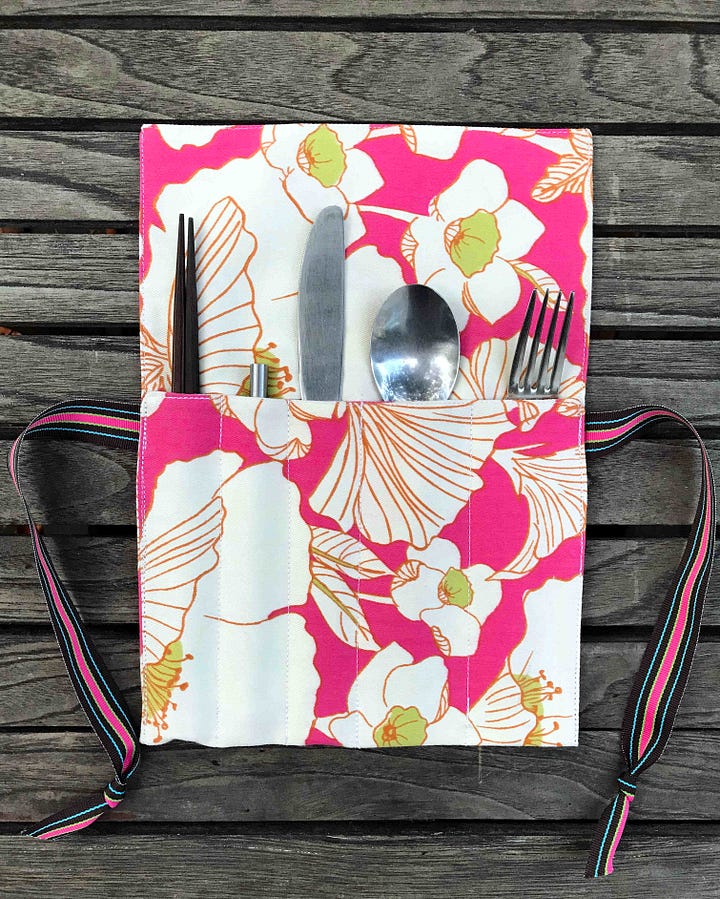
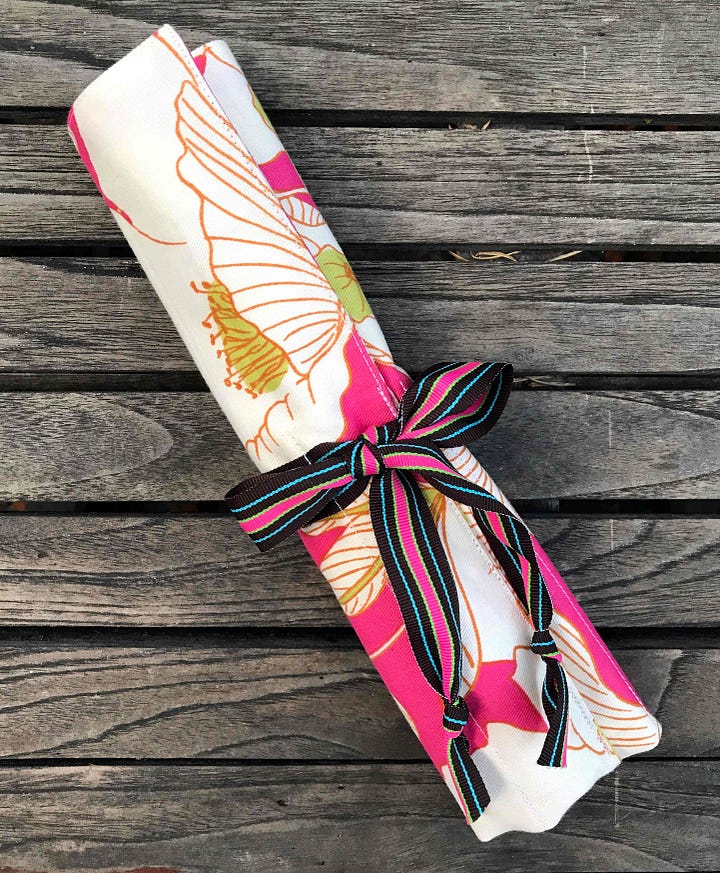
Foodservice ware
The regulations ban containers made of expanded polystyrene foam, extruded polystyrene foam, polyvinyl chloride, carbon black and oxo-degradable plastic.
Food and plastic do not mix well. If you’d like to avoid the plastic clam shells that have not been banned in Canada, you have some options.
While still in the minority, some restaurants allow customers to bring their own containers for takeaway. They will either fill your clean containers with your order or serve the food on plates that you transfer to your containers yourself. Other establishments pay third-party businesses to supply reusable containers. You return the reusable container the next time you visit the restaurant (or drop it off at a different participating restaurant, depending on the program).
Ring carriers
Competitively priced, recyclable cardboard and paperboard beverage can carriers, unlike plastic ring carriers, won’t strangle a Canada Goose.
Straws
Again, businesses must provide these alternatives but you may also consider packing a reusable straw in your arsenal. And remember, some drinks don’t require a straw. For those who require access to plastic straws, the regulations ensure that access.
Stir sticks
God help us if society cannot function without plastic stir sticks.
The upside of reusables
Restaurants that switch to reusables will likely save money, even when accounting for dish washing. (That link is a US source. While my elderly mother needs me here in Canada, my newsletter has one leg in each country.)
A trip to away-land
So what happens to all the plastic packaging that citizens dutifully place in recycling bins?
Last month, my daughter MK and I visited a materials recovery facility (MRF), a magical away-land for all the recycling that city residents drop into their bins. If you'd like to inspire a group of people to reduce waste, schedule a tour of a MRF. Pictures can’t do the place justice. You need to feel the dust-supressing mist waft through the pungent air and onto your skin to experience a MRF fully.
At the MRF, trucks dump their loads onto a tipping floor like the one pictured above. From there, the materials go through a system of conveyor belts and giant tumblers for sorting. Both people and machinery (and in some MRFs, robots) sort through everything. The garbage remaining at the end of the process goes to landfill.
Some of the sorted plastic also ends up in landfill—after all that effort (ours and the MRFs).
In the market-based recycling system, plastic holds very little value. If no one wants to buy the bales at the end of the MRF line, that plastic goes to landfill (or, depending on where you live, to incineration or overseas to pollute someone else's backyard).
Most Americans (and Canadians) never see this ugly side of consumerism (it has many ugly sides).
I have been called extreme for my lifestyle of avoiding plastic, eating lots of vegetables and eschewing stuff I don’t need. But I’m not extreme. MRFs are. The heavy equipment and massive facilities cost millions and millions of (taxpayer) dollars to handle a man-made (rather, corporate-made) problem. Don’t get me wrong, we need MRFs. But currently, we rely on them almost solely to deal with our waste crisis, which they simply cannot do.
Overturning plastic bans will not lead to more recycling. Reduction must take priority. And while I thoroughly enjoy my low-waste life and have heard the same thing from so many others, regulation will make the kinds of sweeping changes we need. As Annie Leonard has said, “There is no such thing as away. When you throw something away, it must go somewhere.” By announcing his proposed repeal at a recycling facility, Poilievre perepetuates the myth of “away.”
Bookstack
This ex-Catholic looks forward to finally reading On Care for Our Common Home, Laudato Si': The Encyclical of Pope Francis on the Environment.
As the first encyclical devoted entirely to the environment and related social justice issues, it represented a watershed in the church's engagement with such urgent challenges as climate change, environmental degradation, and the fate of the poor. […] Each of us has a role to play. As Pope Francis observes, All it takes is one good person to restore hope.
— from Bookshop.org

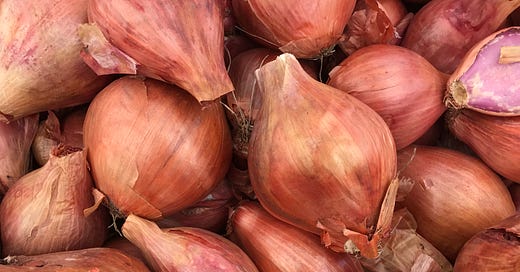



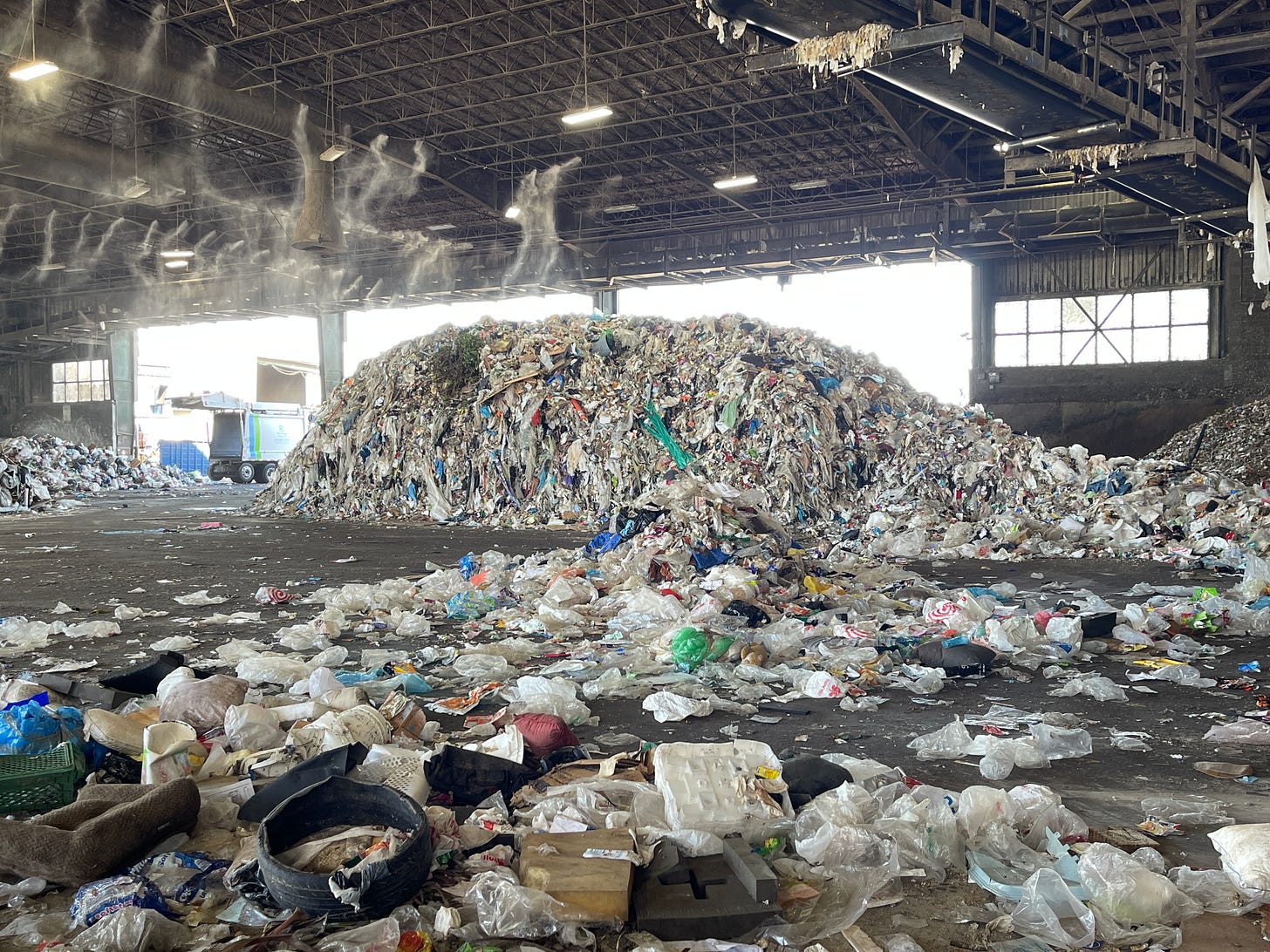
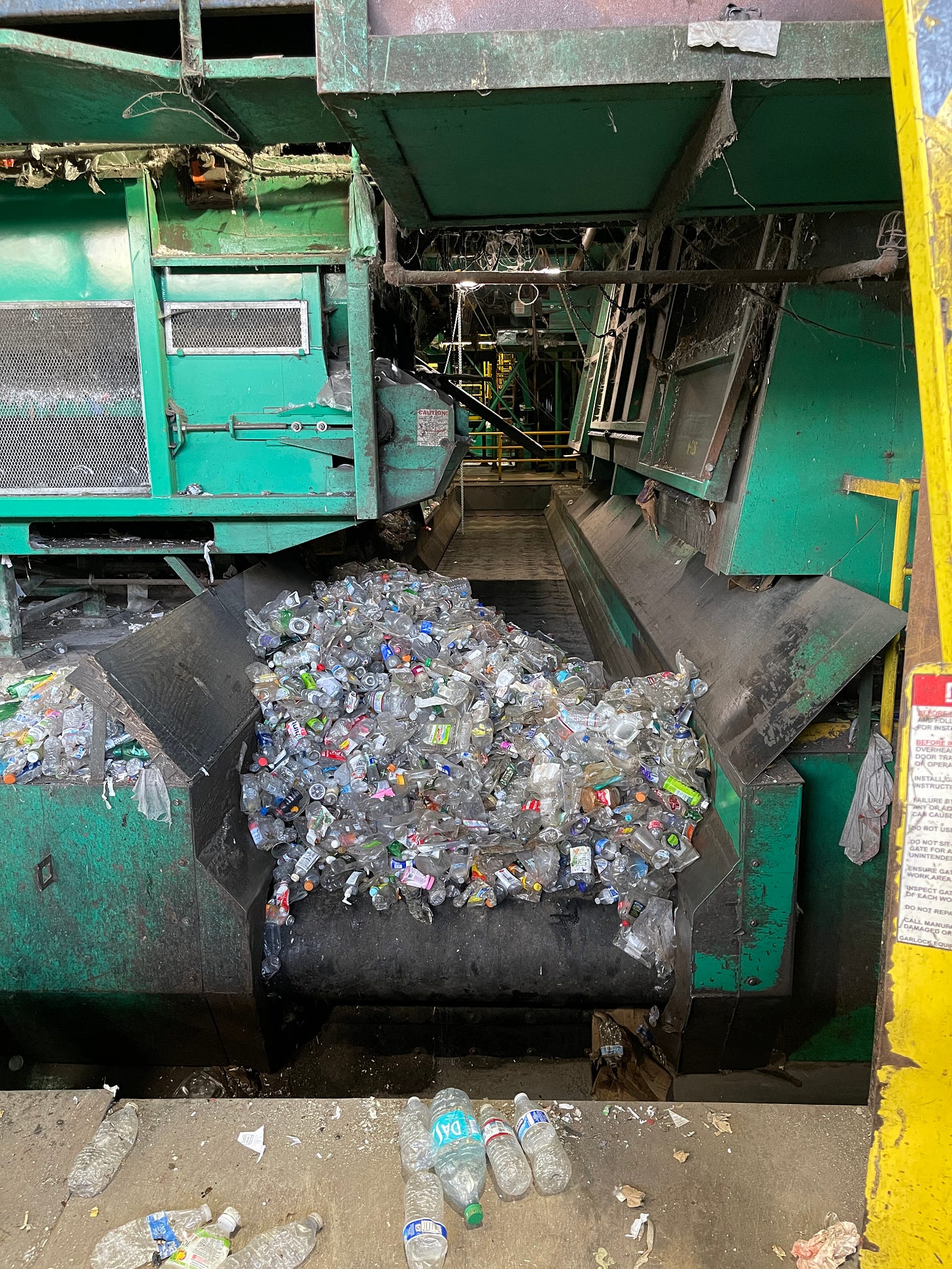

I've been called extreme, too, for doing similar things, plus things like stopping leisure travel, gift giving and receiving, and trying to reduce what I buy in general. I think what people don't realize is that I live a full and happy life with a lot of satisfaction. Thank you for sharing your thoughts and advice on this topic and all of this important information.
oh boy :( I didn't know he announced that he'd reverse the ban. I'll be watching the results come in on Monday...perhaps with a whisky in hand and a slice of anxiety!